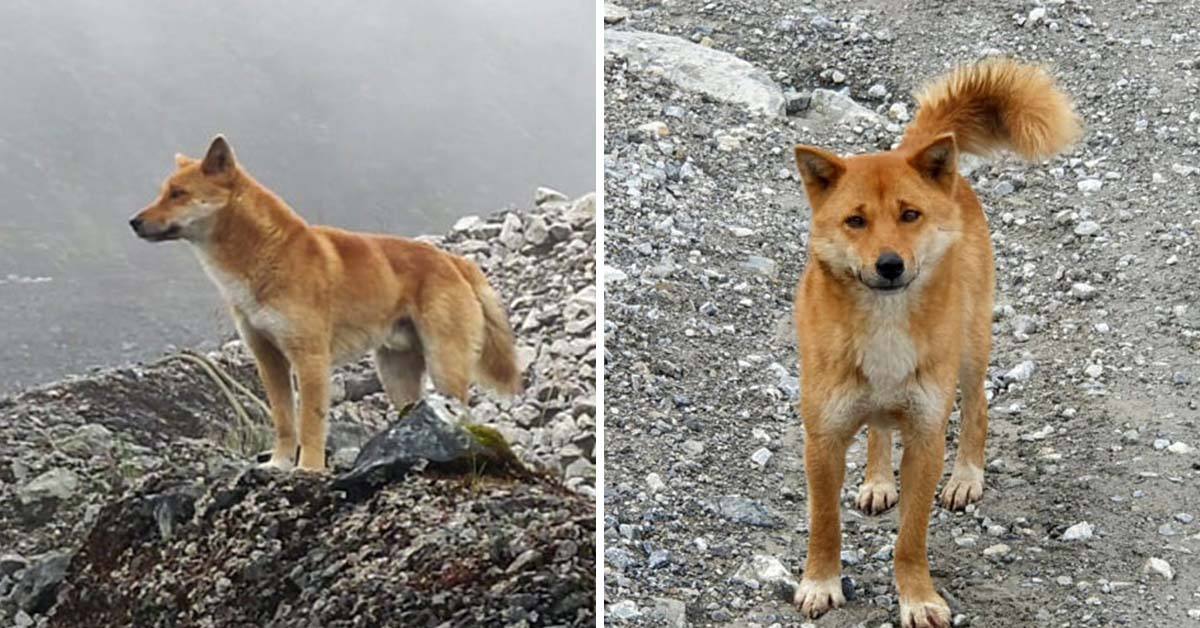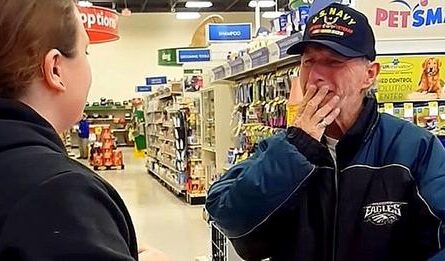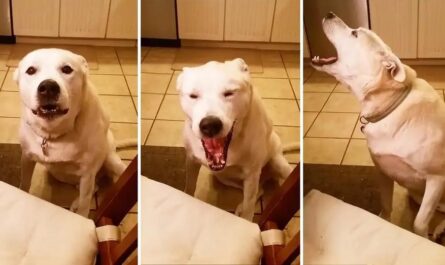It’s no secret that our planet is dying, after millennia of abuse and neglect our ecosystem has near been destroyed and much of the damage that has been done cannot be reversed.
One of the biggest tragedies we have suffered as result is the extinction of many magnificent animals, some of which have died out due to the destruction of their natural habitat or as a result of excess hunting.
Either way, we have suffered a great loss because of our collective carelessness.
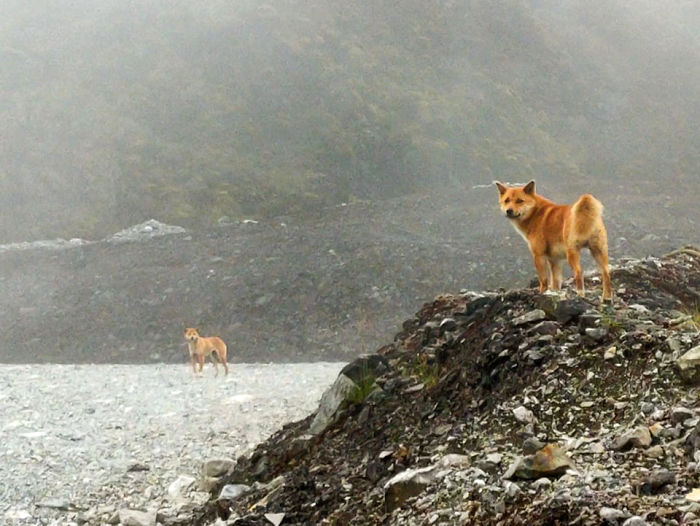
 Image credits: Anang Dianto
Image credits: Anang Dianto
One such animal that was thought only to exist in captivity, is the amazing New Guinea singing dog; a breed of wild canine known for its distinct melodic howls.
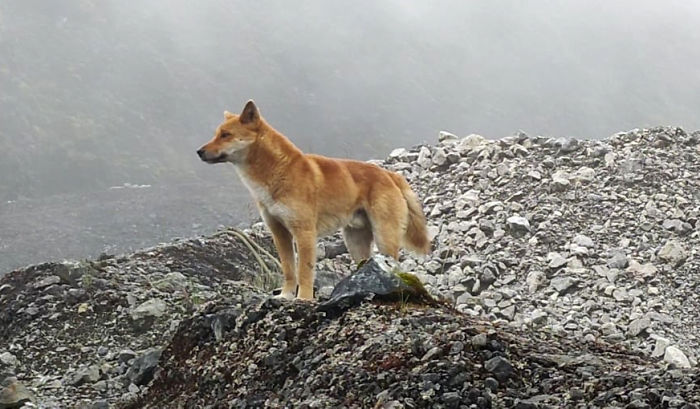
 Image credits: Anang Dianto
Image credits: Anang Dianto
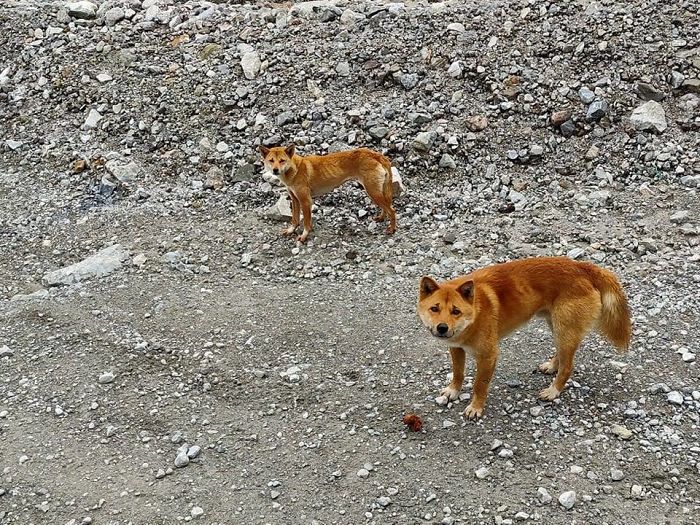
 Image credits: Anang Dianto
Image credits: Anang Dianto
Yet in 2016, researchers amazingly spotted what appeared to be a pack of these rare pups in the remote highlands of Papua, Indonesia.
Desperate to investigate further, they went back in 2018 to find out for certain if these were the singing dog they once believed to be gone forever.
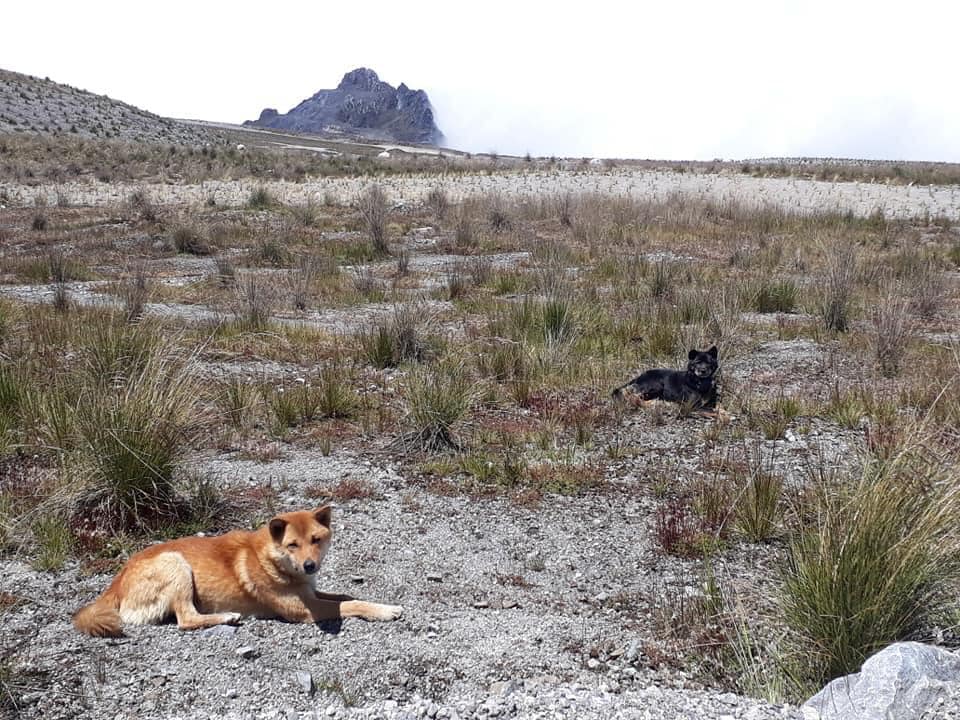
 Image credits: Anang Dianto
Image credits: Anang Dianto
After collecting blood samples, demographic, physiological, and behavioral data, the researcher’s suspicions where confirmed — the pooches were revealed to have a 70% genetic overlap with the dogs that had been preserved in captivity.
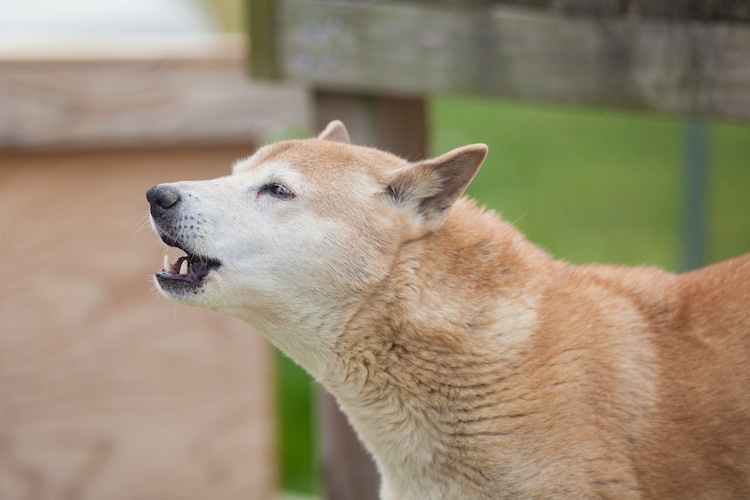
 Image credits: Anang Dianto
Image credits: Anang Dianto
According to research published in PNAS, the two dogs have very similar genome sequences and are much more closely linked to each other than any other canine.
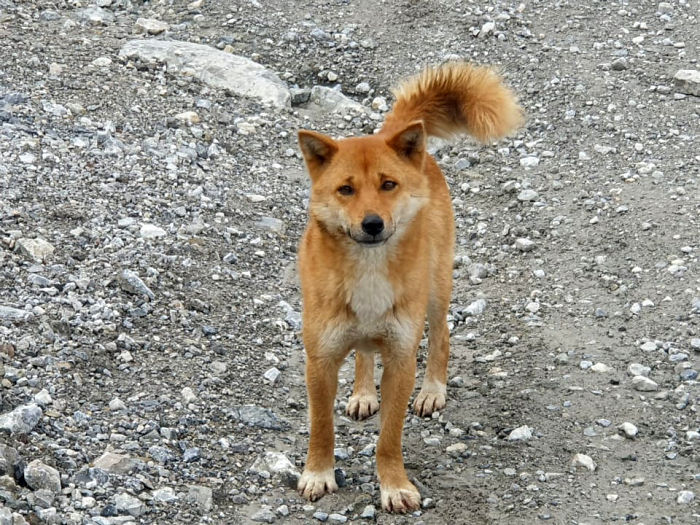
 Image credits: Anang Dianto
Image credits: Anang Dianto
“New Guinea singing dogs are rare… you don’t find anywhere else in nature, so losing that as a species is not a good thing. We don’t want to see this (animal) disappear,” Elaine Ostrander, senior author of the paper and investigator at the National Institutes of Health, said.
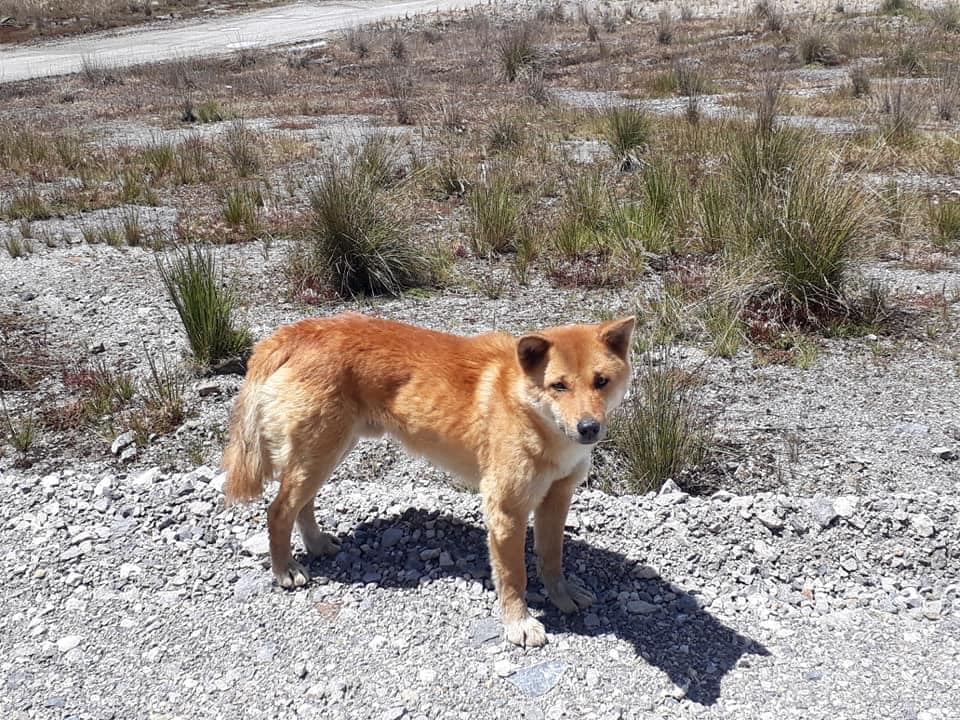
 Image credits: Anang Dianto
Image credits: Anang Dianto
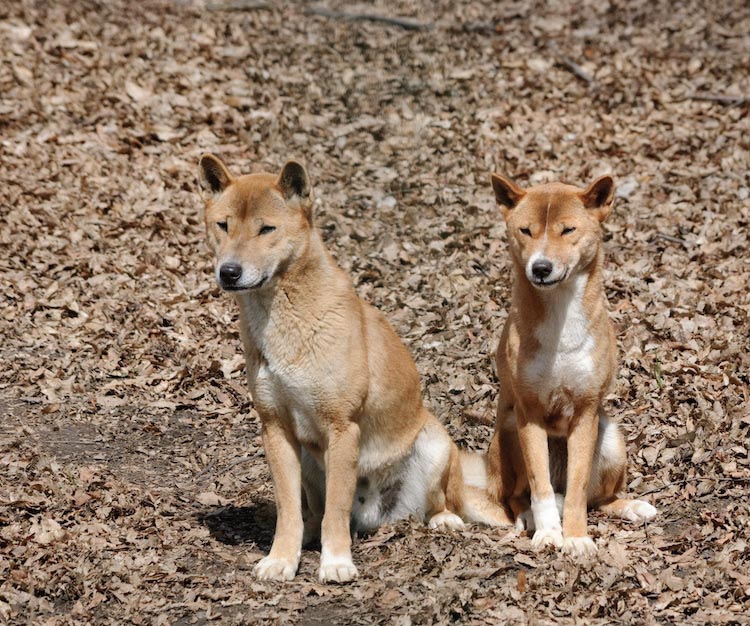
 Image credits: Anang Dianto
Image credits: Anang Dianto
Please SHARE this story with your friends and family!
